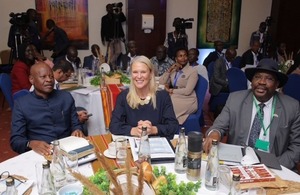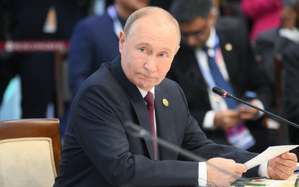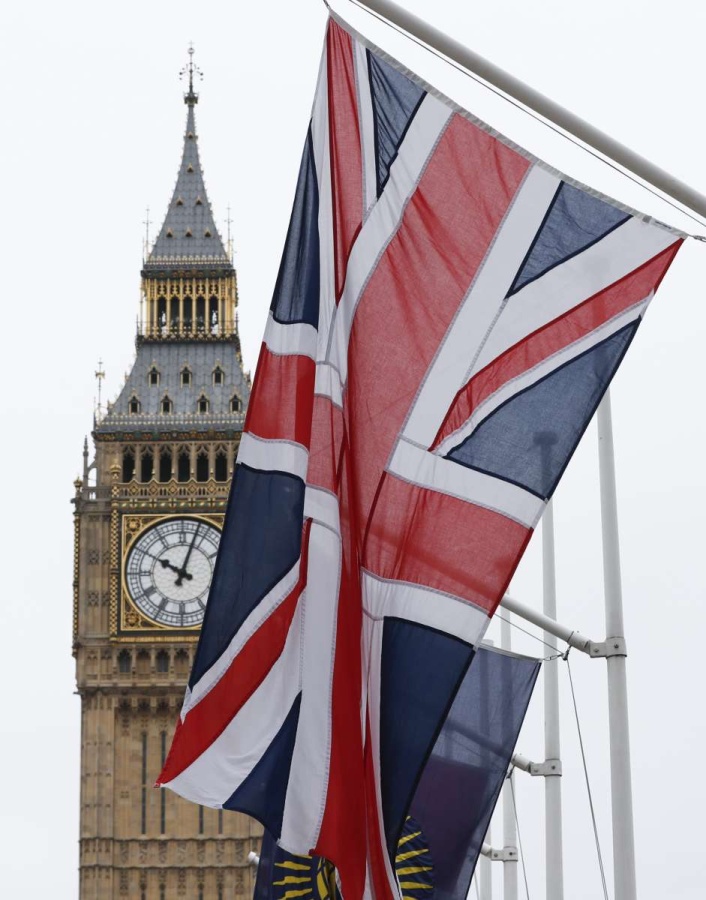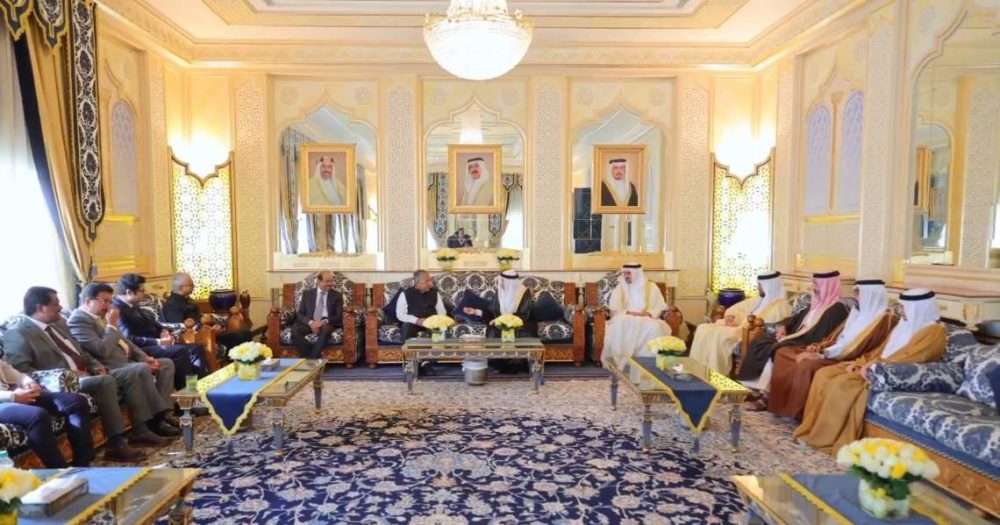There are concerns among some Foreign Office officials whether the position is politically sustainable….reports Asian Lite News
Downing Street fears it is to be asked to support the issue of an international criminal court (ICC) arrest warrant for the Israeli leader, Benjamin Netanyahu.
Such support would have to be given at a time when it has not proscribed Iran’s Islamic Revolutionary Guards Corps in the UK. There are concerns among some Foreign Office officials whether the position is politically sustainable.
No 10 is said to have been on alert for more than a week about an imminent statement from the ICC that its pre-trial chamber judges have accepted the request of the ICC prosecutor, Karim Khan, to issue arrest warrants for war crimes committed in Gaza.
The request for arrest warrants was issued on 20 May against Netanyahu and Yoav Gallant, the defence minister, as well as three Hamas leaders, including Yawar Sinwar and Ismail Haniyeh, the now-deceased head of the Hamas political bureau.
In the short term, No 10 is said to be most concerned by the explosive political fallout if the ICC issues an arrest warrant for Netanyahu, especially at such a moment of extreme tension in the Middle East.
Khan told the ICC pre-trial chamber the issue of the arrest warrant was of the utmost urgency nearly a month ago. The chamber of judges has taken much longer to reach a decision than the three weeks it required to accept Khan’s request for an arrest warrant for Vladimir Putin, the Russian leader, over his role in orchestrating the abduction of children from Ukraine. The delay has been caused by judges needing to assess numerous amicus curiae observations from states, international organisations, victim representatives and human rights groups.
The Labour government withdrew the filing made by the Conservatives that the ICC prosecutor did not have jurisdiction. Khan submitted his reply to the submissions on 23 August, saying the case was of “the utmost urgency”, and referred to the catastrophic situation in Gaza. He argued Palestine was a party to the ICC and any crimes committed on its territory are subject to ICC jurisdiction.
The concern in diplomatic circles is that the large anti-Iranian lobby inside parliament will complain that the UK is showing the wrong priorities if it backs seeking the arrest of the leader of a democratic state at a time when the IRGC remains unproscribed. The UK has said it is reviewing the IRGC’s status in the UK in the context of a wider review of laws governing state-sponsored terrorism. The British domestic intelligence service M15 has also said Iran’s backers have been responsible for as many as 15 attacks on British soil.
The Foreign Office has imposed heavy sanctions on IRGC members, but opposed IRGC proscription partly because it fears Iran might then cut off diplomatic relations with the UK, leaving the UK without an ambassador in Tehran. In seeking the arrest warrant, Khan accused Gallant and Netanyahu of committing crimes against humanity “as part of a widespread and systematic attack against the Palestinian civilian population pursuant to state policy”.
Khan carefully sought and won the backing of a large part of the British human rights legal establishment at the time he called for Netanyahu’s arrest, in particular to argue that the Israeli prime minister is answerable for crimes committed by Israel in Palestine.
In a sign of the growing tension, non-governmental organisations (NGOs) have been piling pressure on the government to do more about the UK’s obligations to apply international law related to Gaza. One group of 15 NGOs issued a statement expressing their “deep disappointment” that the UK had abstained in a UN general assembly vote that called for the ruling in July of the other big international court, the International Court of Justice, to be enforced by Israel leaving the occupied territories within 12 months.
The resolution was passed on Wednesday at the assembly by 124 to 14, but the UK was among 45 countries that abstained. The NGOs reminded the UK the ICJ ruling placed an obligation on all countries not to aid or assist the situation created by Israel’s presence.
ALSO READ: Starmers’s Gray Quid Row














